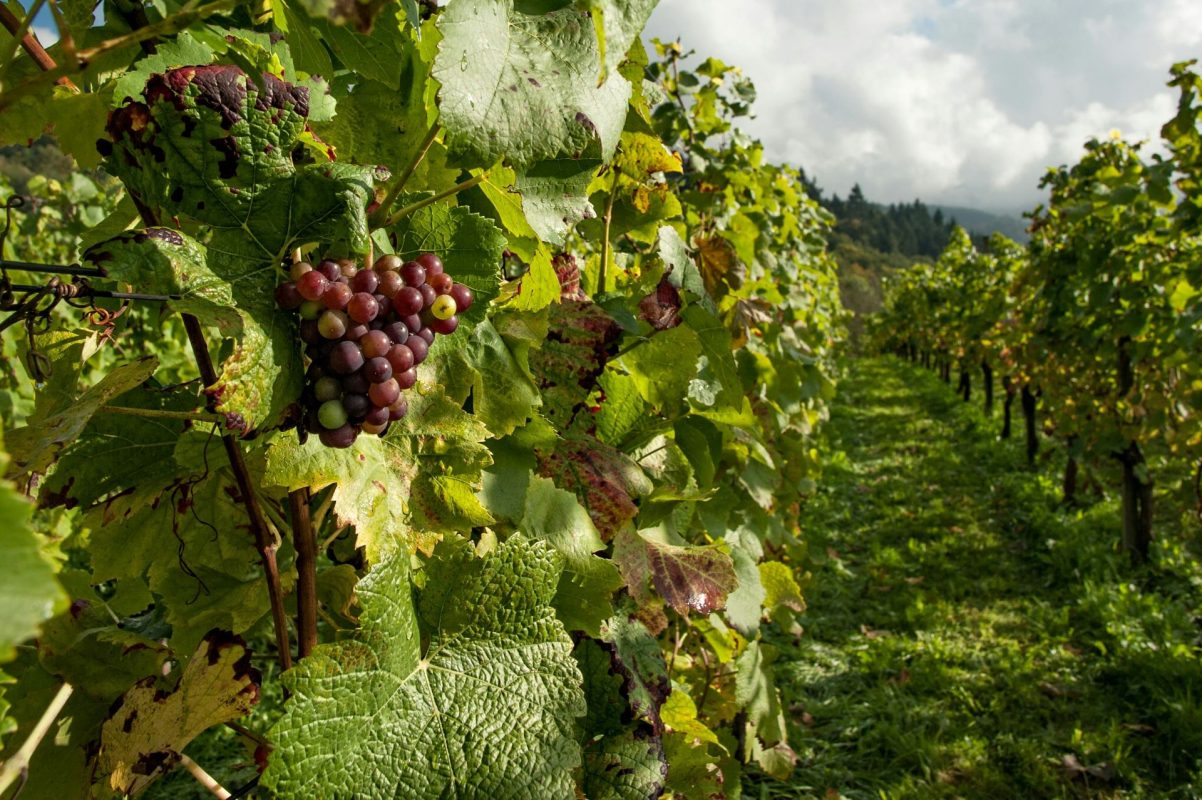NEWS
Drought and Temperature Rise Could Alter Grape Aromas: Study Investigates the Effects of Climate Change
Drought and Temperature Rise Could Alter Grape Aromas: Study Investigates the Effects of Climate Change
Impact of Climate Change on Vineyard Areas
A new study has investigated how vineyard areas in Turkey will be affected by climate change. According to the findings, expected increases in temperature and decreased rainfall over the next 30 years could potentially lead to changes in grape quality and aroma. Researchers also highlighted that these climate-induced changes may affect suitable areas for cultivating different grape varieties, possibly necessitating a shift in production to regions that can provide optimal conditions.
How Does it Impact Vineyard Areas in Turkey?
A study conducted by the Climate Change and Policies Implementation and Research Center (iklimBU) at Boğaziçi University has shed light on the potential consequences of climate change for vineyard areas in Turkey. Lead by Dr. Nazan An and Dr. Tufan Turp, the study suggests that rising temperatures and shifts in precipitation patterns could negatively impact vineyard activities. Dr. An emphasized that these changes could lead to a decrease in grape yield and quality, particularly in regions such as Manisa and Denizli, which account for approximately half of Turkey’s total grape production. Additionally, she noted that while some areas may experience a decline in suitability for certain grape varieties, others, such as the coastal and inland areas of the Aegean Region, may become more conducive to cultivating varieties like Boğazkere, Öküzgözü, and Şire, which thrive in high-temperature conditions.
Need for Rapid Adaptation in Agriculture
Dr. Turp stressed the importance of swift adaptation measures in agricultural practices to mitigate the adverse effects of climate change. He suggested that identifying alternative locations for certain grape varieties based on temperature thresholds during growth and maturation stages could help predict their suitability for cultivation and estimate grape quality. Furthermore, he emphasized the significance of sustainable viticulture efforts, urging stakeholders to shape future investments accordingly. Dr. Turp also highlighted the potential for producing varieties that can better withstand high temperatures and water stress as part of adaptation strategies in the face of climate change.

